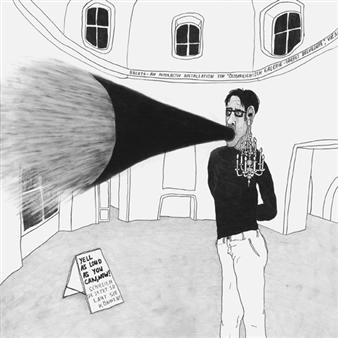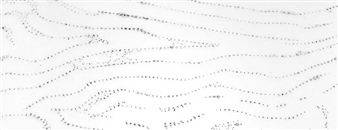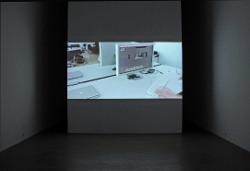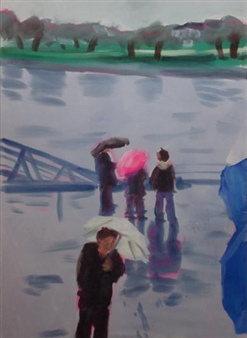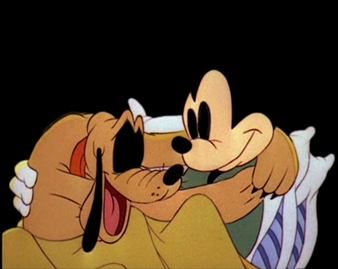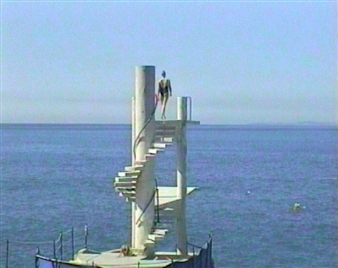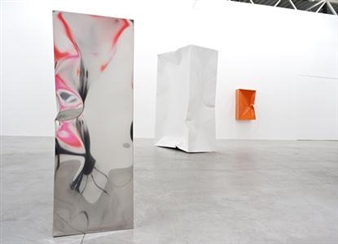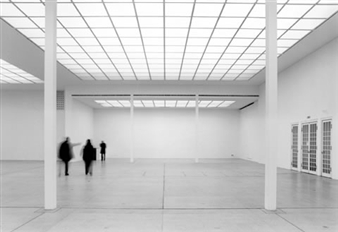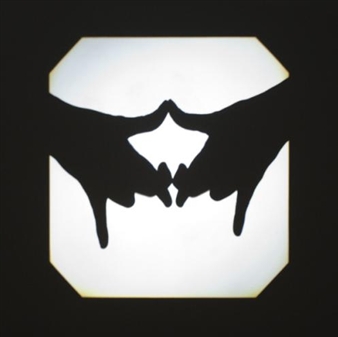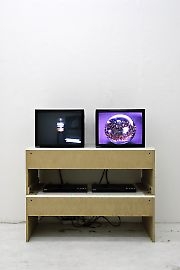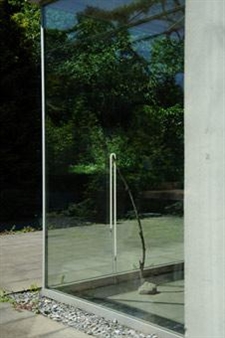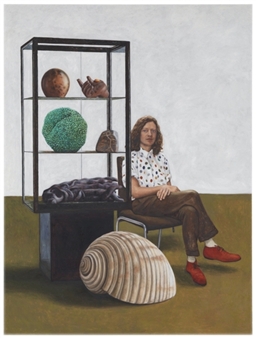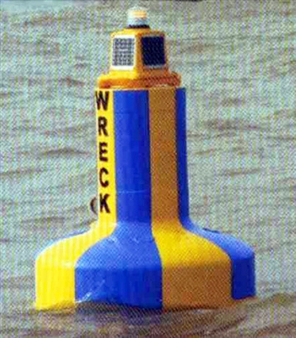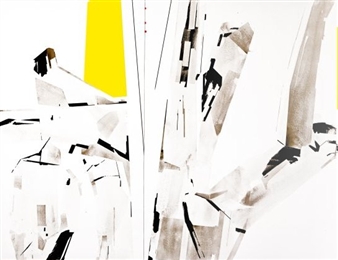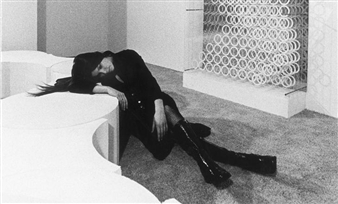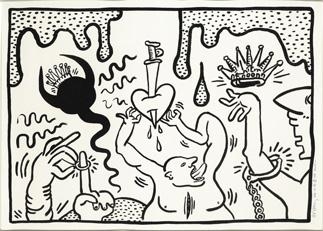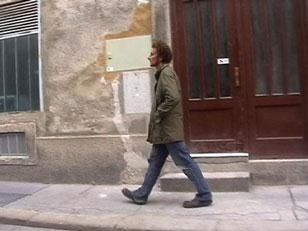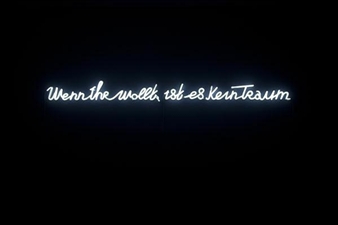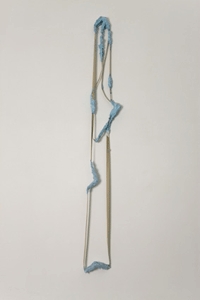Sislej Xhafa: Oblique Motionless

Christine König Galerie, Wien, Vienna, 11/12/2011 - 01/14/2012
Schleifmuehlgasse 1A
The works by Sislej Xhafa, an artist who was born in Kosovo and lives in New York, address migration mechanisms in a global context. In many of his installations and performances the artist responds with irony to specific local circumstances that relate directly to racism and community. One of the striking features of Xhafa’s art is the formal idiom of his objects and sculptures that often seem to stem from a context that is alien to the spatial reality while at the same time they are the product of a very precise reflection of socio-political factors.
The extraordinary imagery of Xhafa’s art in public space entails a critical exploration of the models used to perceive and artistically interpret symbols. A crucial element here is the shift of context which the artist foregrounds in many of his works so as to critically examine conventional interpretative patterns of symbols and actions.
One of the artist’s most ironic works, which is also one that is very typical of his work as tacit criticism of the symbolism of neo-capitalist marketing is Double Happiness – an installation Xhafa created in Trento in 2003. This is a changing neon sculpture placed on the roof of a building which becomes transformed by the different use of lighting elements, becoming once a Mercedes star and once a peace sign. Xhafa’s direct reference to the intimate spatial connection between different patterns of reflection and action may, at first sight, seem to refer to a metaphorical-spatial representation. However, it becomes clear that it describes the artist’s general approach.
One of the most recent installations that also employs simple symbolism, but also reveals a long chain of references and connotations is the piece titled Y which was installed in the Zurich Hardaupark. This piece, the winning project of a competition at the University of Visual Arts, was opened in September of this year. It is a 15m high Y which can also be described as an over-sized slingshot but it actually serves as a swing. While someone is swinging, the light inside of the Y is activated, allowing the otherwise white plastic surface to oscillate in varying colors. This way the sculpture becomes transformed into something that looks like science fiction.
What defines the preoccupation with various levels of interpretation in the case of this sculpture is the social background of the surrounding residential area which is home to mainly migrants from south-eastern Europe. The simple pictorial language that Xhafa also employs in this piece brings it into relation with architectural and design issues. Here the meaning of the slingshot as one of the oldest war tools recedes into the background. The Y raises questions regarding the why – which is homonymous with the English word “why“. The main questions that this sculpture alludes to also address the limitations Switzerland places on immigration, in keeping with the artist’s central reference to the issue of migration models.
As the latest piece shows, Xhafa’s art refers to decidedly political themes that bring into play its own socialization, entering a system of international codes and symbols by means of spatial interventions. The Kosovo-Albanian artist’s simple yet elaborate pictorial idiom that encompasses numerous interventions ranges from caustic criticism to ironic moments.
For his exhibition at the Christine König Galerie Xhafa created three new pieces, including the sculpture oblique motionless in the first room. Based on the Zurich swing the artist here presents an 11 meter long black swing structure that is cut in two and lies obliquely in the room so that it seems that part of it is sinking into the gallery floor. A playful approach to space can be recognized here along with an ironic transfer of social action which questions the conditions of public space per se.
The latter can also be detected in the second sculpture titled Rocket Ship in which an old wheelbarrow is decorated with white Christmas lighting. In this installation models of traditional work and construction tools encounter the formerly religious promise of a meanwhile solely consumer-defined world with the title of the piece evoking a desire for a clearly unrealizable means of locomotion. Here Xhafa brings together classical ideas of both an old and new world which demonstrates the artist’s typical ambivalent strategy of linking different social levels. (Walter Seidl)
For More Information